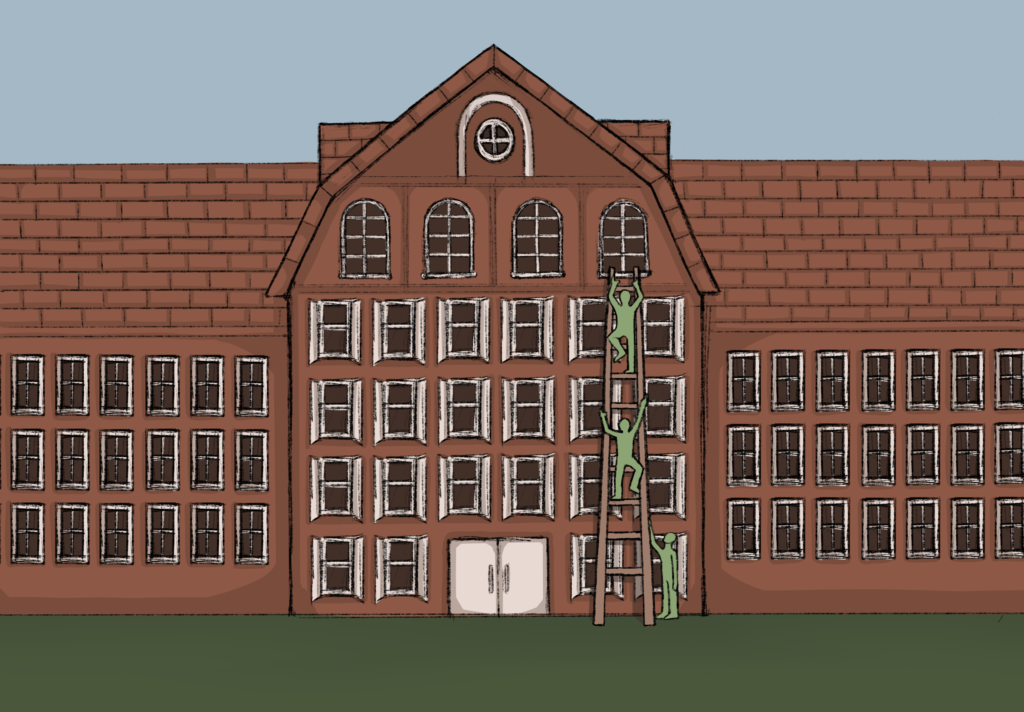With more than 100 clubs on campus, students have a large variety of extracurriculars to choose from outside of sports and ensembles. That being said, students also need to complete their homework, attend after-school activities, and find time for sleep. In recent years, the emerging trend has been for clubs to make dorm-to-dorm visits during study hours in an attempt to discuss with students relevant to that club. While it is certainly important for clubs to be able to increase student involvement and gain exposure, the current system of nighttime dorm visits pose a number of problems.
First, students in dorms are often unaware of such visits until a few hours before the club’s arrival, leaving minimal, if any, time to make schedule-related preparations, such as plans to meet with a teacher for extra help that night.
Furthermore, for the sake of encouraging a more open conversation, club representatives often lack an organized or structured agenda. They hope to create an overly-organic discussion. Representatives also rely on dorm residents to drive the discussion, and they often present broad philosophical questions, some of which have entire college majors dedicated to their answer. Attempting to discuss answers to such large questions only induces existential crises at 10:00 p.m., when students really should be completing the rest of their homework (and then, of course, students stay up later than they should—as if student sleep cycles weren’t disrupted enough already).
Moreover, club leaders often fail to recognize that a number of the topics they aim to discuss are either relevant only to specific people (and thus not applicable to an entire dorm), or can be addressed simply by cracking open the student handbook.
Finally, because these meetings do not occur in constrained blocks of time, people lack a general sense of urgency, leading to a decrease in efficiency.
If clubs believe that their initiatives hold significant value, that dorm-to-dorm visits are the most effective way to disseminate their ideas, or that evening discussions are imperative to their livelihood, then they need to ensure that their chosen topic of discussion is applicable to every Choate student.
They also need to evaluate whether or not the discussion will lead to actual and beneficial results, as these conversations often produce little more than pieces of idealistic fluff designed to fill up time and send the club members on their way. Emails or surveys need to be sent out at least a couple of days in advance, allowing students to clear out their schedules or pick days with lighter work-loads.
Additionally, representatives need to arrive prepared, with a clear agenda that can be carried out systematically and successfully regardless of how cooperative the audience members are. Club leaders need to recognize that the current system of dorm-to-dorm mandatory discussions may not be the most efficient use of time.



